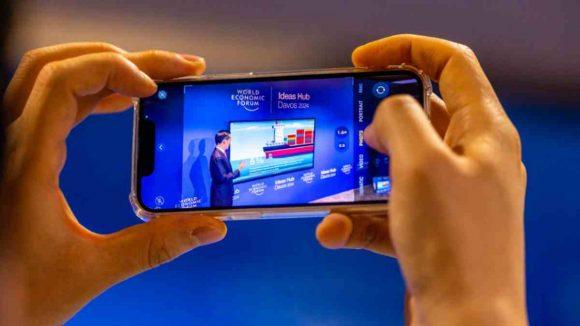The World Economic Forum (WEF) has released a white paper on practical examples of transforming the energy demand to reduce consumption by 30%. It also could save up to $2 trillion in annual savings if measures are taken by 2030.
It outlines actions for businesses and countries to enhance energy management, efficiency, and carbon intensity reduction.
For countries and businesses to sustain economic growth and achieve net-zero goals, companies need to be serious about their efforts to make these changes.
The WEF says this white paper will help mitigate energy costs and supply issues while unlocking commercial benefits.
At COP28, over 120 countries committed to doubling the pace of energy efficiency improvement, necessitating concrete, realistic plans.
Five things to reduce consumption
- Use AI to run buildings’ heating, ventilation, and conditioning systems. This could cut power consumption by up to 25% and pay for itself within a year.
- Retrofitting buildings and using efficient appliances. This could cut the energy consumption of entire buildings by up to 31%.
- Electrifying and automating transport. Electric vehicles are up to four times more energy-efficient than those powered by fossil fuels.
- Reusing waste industrial heat. It could generate and help neighboring cities with heating.
- Industrial clusters. Making greater energy efficiency an increasingly vital goal.
The report states that reducing energy intensity, energy used per unit of gross domestic
product (GDP) would boost growth. It enables previously wasted or over-utilized energy to be
redirected to more productive activities.
From a business point of view, It would also help companies save cash and maintain competitive advantage while reducing emissions.
These actions outlined are for the private and public sectors and are doable today at attractive returns with existing technology.
Strategies to achieve goals
The WEF report urges sectors to have a “roadmap” to guide company and government action.
“Company and national energy transition plans are needed to capture the benefits of managing energy consumption while integrating supply-side actions. Businesses across the energy demand and supply spectrum will need to work together with the government to develop these plans and increase awareness of the routes and results available to address barriers to action.
Experts say developing these plans is essential for the next step in raising awareness and getting behind the action on energy demand.
Australia’s National Energy Performance Strategy
The Australian government has a National Energy Performance Strategy (NEPS), prioritizing emission reduction targets of 43% by 2030 and net zero by 2050.
Like many other countries, Australia aims to encourage businesses to manage their energy usage and carbon intensity. According to the government, energy efficiency and performance are crucial to achieving these targets.
The government also aims to achieve the following with strategy:
- Reduce pressure on energy bills.
- Improve energy reliability.
- Reduce emissions.
- Deliver a high energy performance economy.
Stakeholders have already had a chance to weigh in and provide input on this paper.
US energy efficiency plans
The White House makes it easy for families and businesses to go greener with electric vehicles. According to the US government policies, working families can use tax credits that make electric cars more affordable.
“Purchasing an electric vehicle (EV) can save families thousands of dollars on fuel costs over the life of their car.”
Energy5 lists tax rebates as one of the best solutions to help citizens save more when going green. It also advises that some countries offer grants and funding programs “to support small businesses in implementing energy efficiency measures.”
About the author
Mia is a multi-award-winning journalist. She has more than 14 years of experience in mainstream media. She's covered many historic moments that happened in Africa and internationally. She has a strong focus on human interest stories, to bring her readers and viewers closer to the topics at hand.











